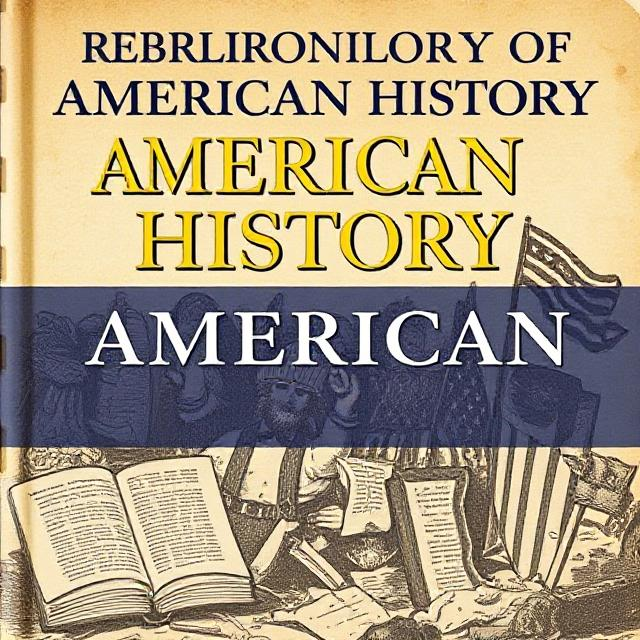The study of American history is enriched by a vast array of literature, documenting the nation’s complex past from its indigenous roots to contemporary society. This bibliography aims to provide a comprehensive overview of significant works that have shaped the understanding of American history. The selected texts encompass a wide range of themes, including political, social, economic, and cultural developments, offering insights into the diverse experiences that have defined the United States.
Colonial America
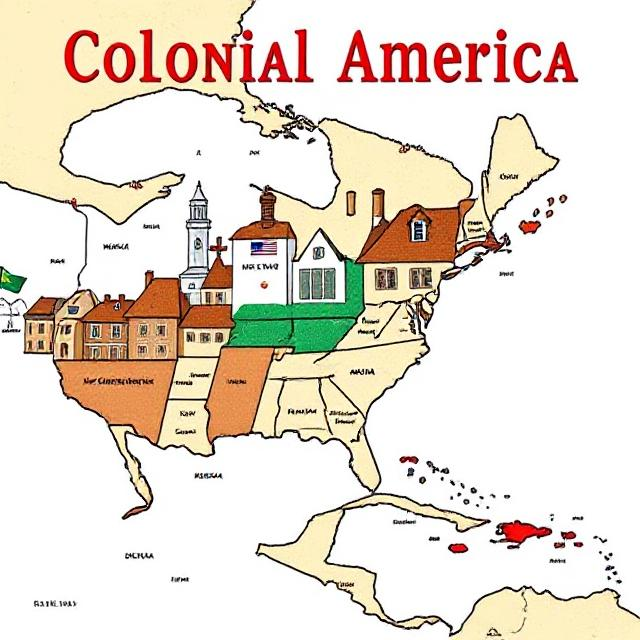
A People’s History of the New World” by Howard Zinn
Zinn’s work presents a narrative of the early Americas from the perspective of indigenous peoples, highlighting the impact of European colonization. The book challenges traditional historical narratives and emphasizes the voices of marginalized groups.
The Puritan Dilemma: The Story of John Winthrop” by Edmund S. Morgan
This biography explores the life of John Winthrop, a key figure in the founding of Massachusetts Bay Colony, and examines the Puritan ethos. Morgan delves into the tensions between Winthrop’s religious ideals and the practicalities of governance.
The American Colonies: The Settling of North America” by Alan Taylor
Taylor provides a comprehensive overview of colonial America, focusing on the interactions between Native Americans and European settlers. His analysis includes the economic, social, and cultural factors that influenced colonial life.
Mayflower: A Story of Courage, Community, and War” by Nathaniel Philbrick
Philbrick’s narrative recounts the journey of the Pilgrims aboard the Mayflower, their settlement in Plymouth, and the ensuing conflicts with Native Americans. The book highlights the complexities of early colonial life and the impact of cultural encounters.
The American Revolution
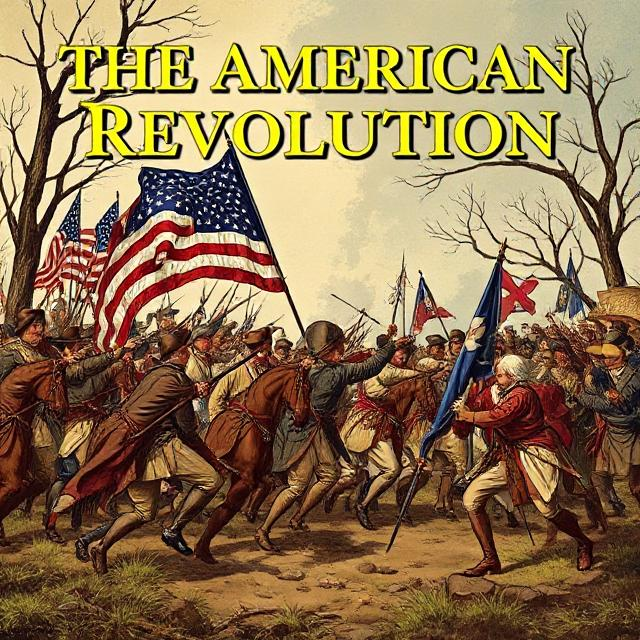
The American Revolution: A History” by Gordon S. Wood
Wood offers a concise yet profound analysis of the American Revolution, exploring its causes, key events, and lasting impact on American society. His work emphasizes the ideological shifts that accompanied the revolution.
1776″ by David McCullough
McCullough narrates the pivotal year of 1776, focusing on the military struggles and leadership of George Washington during the Revolutionary War. The book provides a detailed account of the challenges faced by the Continental Army.
The Radicalism of the American Revolution” by Gordon S. Wood
In this influential work, Wood argues that the American Revolution was not just a political event but a radical social transformation. He examines how the revolution altered social hierarchies and challenged traditional authority.
Common Sense” by Thomas Paine
Paine’s pamphlet played a crucial role in galvanizing public support for independence. His arguments for republicanism and against monarchy resonated widely, influencing the revolutionary spirit.
The Early Republic
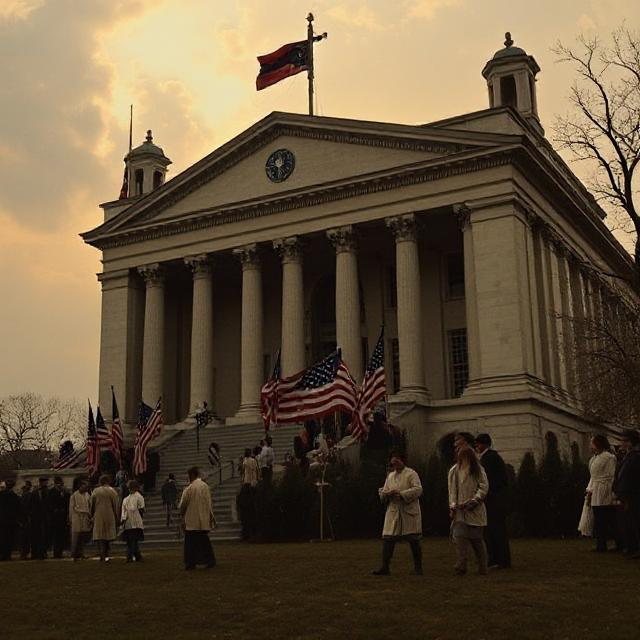
Founding Brothers: The Revolutionary Generation” by Joseph J. Ellis
Ellis examines the lives and relationships of key founding figures, including Jefferson, Adams, and Hamilton, and their influence on the early republic. The book explores the complexities of their political ideologies and personal rivalries.
The Age of Jefferson” by John D. Hicks
This work explores the political and cultural landscape of the early 19th century, focusing on Thomas Jefferson’s presidency and its implications. Hicks discusses Jefferson’s vision for America and the challenges he faced.
The Federalist Papers” by Alexander Hamilton, James Madison, and John Jay
A collection of essays advocating for the ratification of the Constitution, these papers provide insight into the founding principles of American government. They discuss the necessity of a strong central government and the protections of individual liberties.
The American Political Tradition and the Men Who Made It” by Richard Hofstadter
Hofstadter analyzes the ideas and actions of key political figures in American history, exploring how their beliefs shaped the political landscape of the early republic.
Expansion and Reform
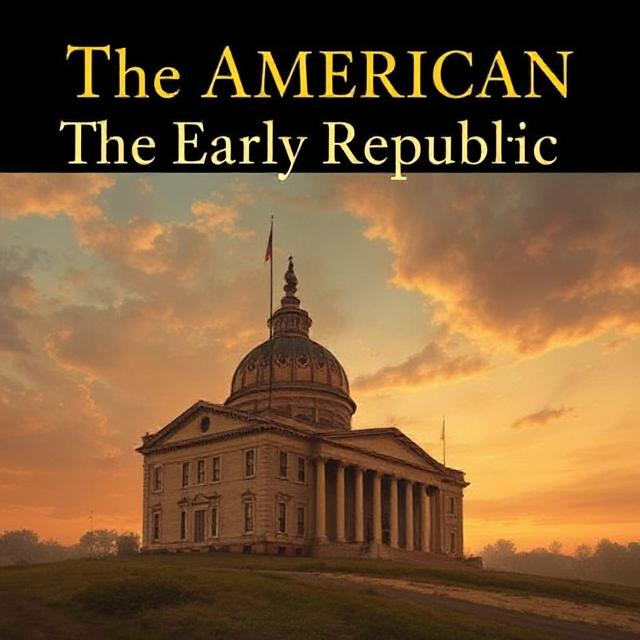
The Oregon Trail: A New American Journey” by Rinker Buck
Buck retraces the historic Oregon Trail, blending personal narrative with historical context to explore the westward expansion of the United States. The book reflects on the challenges faced by pioneers and the impact of migration on indigenous populations.
The Second Great Awakening: The New England Revival” by Charles Grandison Finney
This work examines the religious revival movement in the early 19th century and its impact on American society and reform movements. Finney’s role as a preacher and reformer is highlighted, showcasing the intertwining of religion and social change.
The Abolition of Slavery” by James Oakes
Oakes provides a detailed account of the abolitionist movement, examining the social, political, and economic factors that led to the end of slavery. The book emphasizes the contributions of both black and white abolitionists.
Manifest Destiny: American Expansionism and the Empire of Right” by Anders Stephanson
This work explores the ideology of Manifest Destiny, examining how it justified American expansion and its implications for indigenous peoples and international relations.
The Civil War and Reconstruction
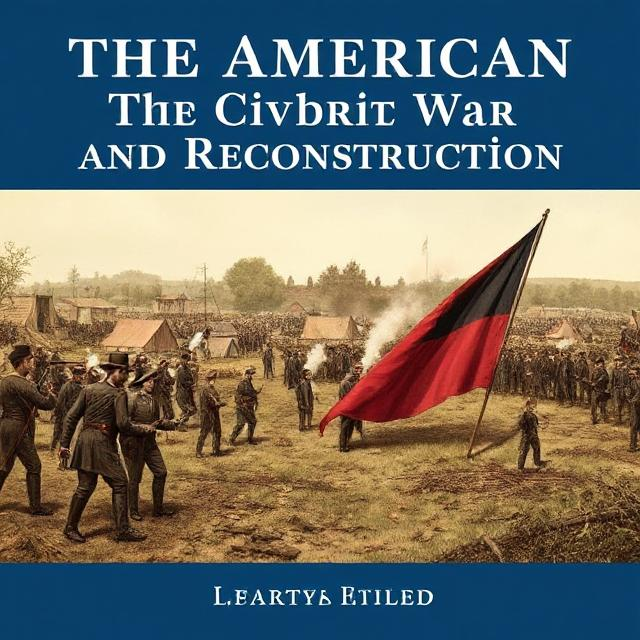
Battle Cry of Freedom: The Civil War Era” by James M. McPherson
McPherson’s Pulitzer Prize-winning work offers a comprehensive narrative of the Civil War, exploring its causes, battles, and consequences. The book provides a balanced view of both the Union and Confederate perspectives.
Team of Rivals: The Political Genius of Abraham Lincoln” by Doris Kearns Goodwin
This biography of Lincoln focuses on his leadership style and his ability to unite a diverse cabinet during the tumultuous Civil War years. Goodwin highlights Lincoln’s empathy and political acumen.
Reconstruction: America’s Unfinished Revolution, 1863-1877″ by Eric Foner
Foner examines the Reconstruction era, its challenges, and the struggle for civil rights and equality following the Civil War. The book discusses the achievements and failures of Reconstruction policies.
Slavery by Another Name: The Re-Enslavement of Black Americans from the Civil War to World War II” by Douglas A. Blackmon
Blackmon explores the system of forced labor that emerged after the Civil War, highlighting how economic exploitation continued to oppress African Americans.
The Gilded Age and Progressive Era
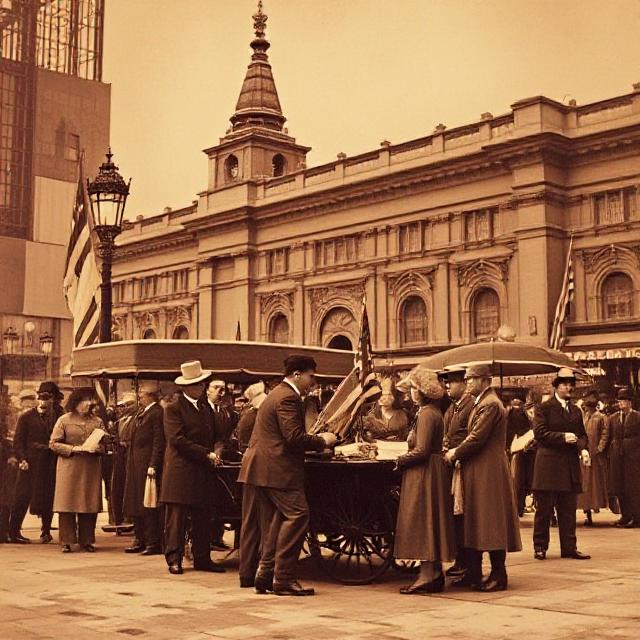
The Gilded Age: A Tale of Today” by Mark Twain and Charles Dudley Warner
This satirical nov el critiques the social and political corruption of the Gilded Age, highlighting the disparity between wealth and poverty. Twain’s sharp wit exposes the moral failings of society.
The Progressive Era: A Very Short Introduction” by David E. Kyvig
Kyvig provides a concise overview of the Progressive Era, discussing the social reforms and political changes that characterized the period. The book highlights the role of women and labor movements in advocating for change.
The Jungle” by Upton Sinclair
Sinclair’s novel exposes the harsh conditions of the meatpacking industry, prompting public outrage and leading to significant reforms in food safety. The book played a crucial role in the passage of the Pure Food and Drug Act.
The History of the Standard Oil Company” by Ida Tarbell
Tarbell’s investigative work exposes the monopolistic practices of Standard Oil and its founder, John D. Rockefeller. Her writing contributed to the rise of antitrust sentiment in America.
The 20th Century: Wars and Social Change
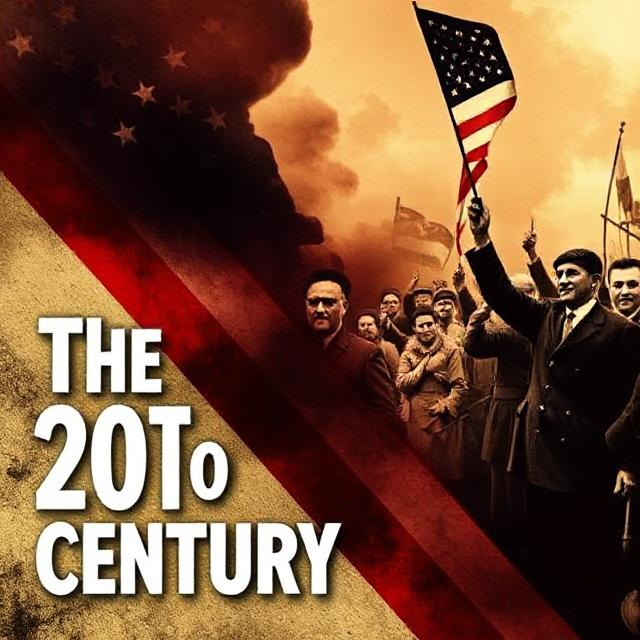
The Great War and Modern Memory” by Paul Fussell
Fussell analyzes the impact of World War I on literature and culture, exploring how the war reshaped American consciousness. The book examines the disillusionment and trauma experienced by soldiers and society.
The Second World War” by Winston S. Churchill
Although written by a British leader, Churchill’s account provides valuable insights into America’s role in World War II and its global implications. The narrative emphasizes the strategic decisions made by American leaders.
A People’s History of the United States” by Howard Zinn
Zinn’s influential work presents American history from the perspective of marginalized groups, challenging traditional narratives and emphasizing social justice. The book encourages readers to question dominant historical interpretations.
The Feminine Mystique” by Betty Friedan
Friedan’s groundbreaking work critiques the societal expectations placed on women in the post-World War II era, sparking the second wave of feminism and advocating for women’s rights and equality.
The Civil Rights Movement and Contemporary America
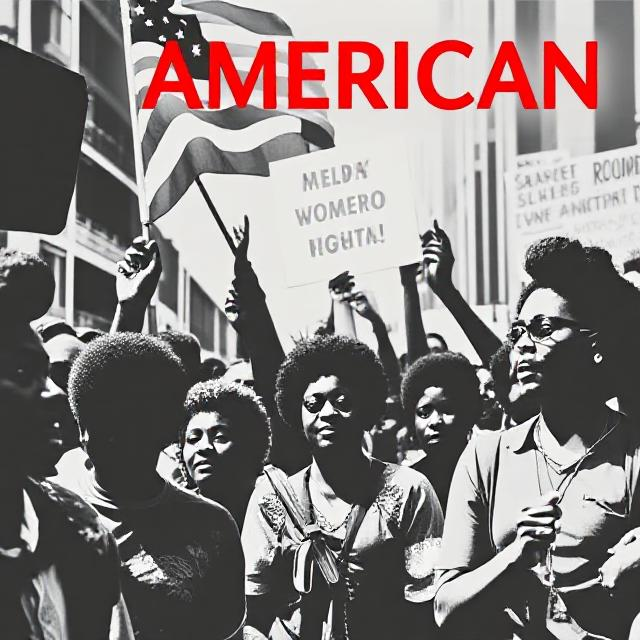
The Autobiography of Malcolm X” by Malcolm X and Alex Haley
This powerful autobiography chronicles Malcolm X’s life and his role in the civil rights movement, offering insights into race relations in America. The book emphasizes the importance of self-identity and empowerment.
The Civil Rights Movement: A Photographic History, 1954-68″ by Steven Kasher
This visually compelling work documents the civil rights movement through photographs, capturing the struggle for equality and justice. The images provide a poignant reminder of the movement’s impact on American society.
The New Jim Crow: Mass Incarceration in the Age of Colorblindness” by Michelle Alexander
Alexander argues that mass incarceration functions as a contemporary system of racial control, drawing parallels to historical Jim Crow laws. The book challenges readers to confront issues of systemic racism and social justice.
Just Mercy: A Story of Justice and Redemption” by Bryan Stevenson
Stevenson recounts his experiences as a lawyer advocating for marginalized individuals in the criminal justice system. The book highlights the flaws in the justice system and the importance of compassion and reform.
Conclusion
The bibliography of American history is extensive and diverse, reflecting the multifaceted nature of the nation’s past. The selected works provide valuable insights into the political, social, and cultural developments that have shaped the United States. From the early colonial period to contemporary issues, these texts serve as essential resources for understanding the complexities of American history. As scholars and readers continue to engage with these narratives, they contribute to a deeper appreciation of the diverse experiences that define the American story.


